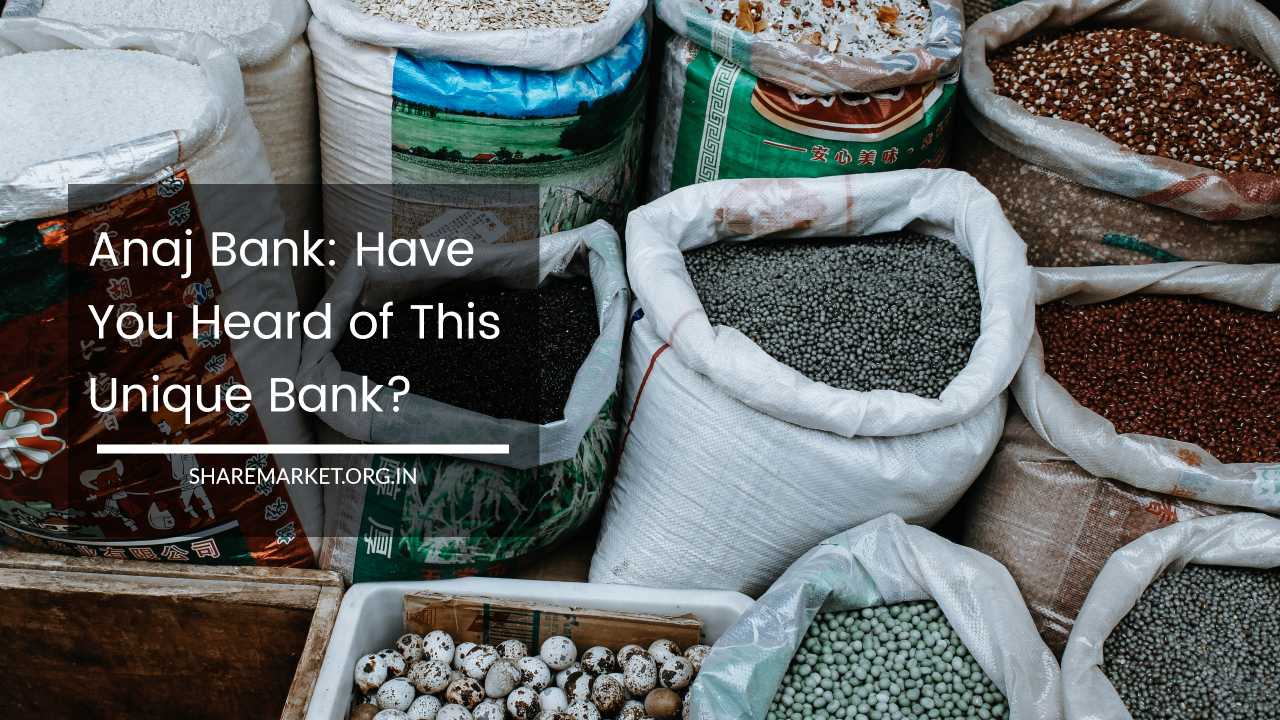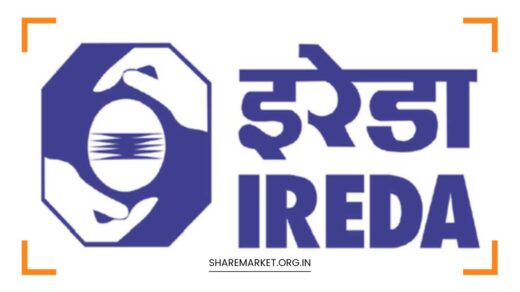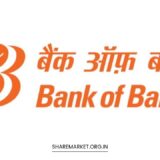Anaj Bank: Have You Heard of This Unique Bank?

Anaj Bank
Anaj Bank, also known as a Grain Bank, is a unique initiative run by women associated with self-help groups. Instead of dealing with monetary transactions, this bank facilitates the exchange of food grains.
The Grain Bank operates as a resource for borrowing and depositing food grains, serving as a lifeline for the poor in Kanpur, Uttar Pradesh.
The Grain Bank concept aims to address food security and alleviate hunger by providing a platform for individuals in need to access essential food supplies.
It operates on the principle of mutual aid, where people can borrow food grains during times of scarcity and return an equivalent quantity when their circumstances improve.
This initiative primarily targets economically disadvantaged individuals and families who struggle to meet their basic food requirements.
The Grain Bank serves as a safety net, ensuring that vulnerable communities have access to essential food provisions during challenging times.
The women running the Grain Bank, often associated with self-help groups, play a crucial role in managing the operations and facilitating grain transactions.
Through their efforts, they contribute to the well-being of the community by promoting food security and supporting those in need.
The unique approach of the Grain Bank highlights the importance of community support and solidarity in addressing food insecurity.
By focusing on grain exchange rather than monetary transactions, this initiative provides a practical and accessible solution for individuals who may not have the means to access traditional banking services.
In Kanpur, a group of women has come together to establish a grain bank, joining more than 100 similar initiatives organized by various organizations.
These community-driven grain banks have been established by women in villages and localities. Their purpose is to assist the underprivileged members of society by providing essential food grains through these private grain banks.
Many individuals in need have found support and assistance through these community-based initiatives.
How Does the Grain Bank Run?
The operation of the grain bank is based on a collaborative effort among the women involved. According to media reports, the women contribute food grains from their own households to support the functioning of the bank.
Additionally, a portion of the grain supply is obtained through charitable donations from various organizations. In the initial stages, it was primarily the women associated with the grain bank who donated grains from their homes.
The grain bank is entirely managed and operated by women. When individuals in need require grains, they can approach the bank and request a loan of food grains.
The borrowed grains are provided to them for their sustenance. Once the borrowers harvest their crops or obtain a means to repay, they return the equivalent amount of grains to the bank, along with an interest component.
The grain bank operates on the principle of fostering mutual support and cooperation within the community. It aims to ensure that those facing food scarcity have access to essential food grains during difficult times.
The success of the grain bank is largely attributed to the active participation and cooperation from various organizations, which provide assistance and resources to sustain its operations.
Messiah of the Poor Grain Bank
The grain bank has emerged as a savior for the underprivileged, providing significant benefits to those in need.
It not only assists with regular food grain requirements but also extends support during special occasions like marriages.
The bank offers food grains as loans to individuals for their wedding ceremonies, ensuring that they have enough resources to celebrate these important milestones without financial stress.
Moreover, the grain bank serves as a lifeline during emergencies by offering financial assistance to those facing unforeseen circumstances.
This support helps alleviate the immediate financial burden and provides a safety net for vulnerable individuals and families in times of crisis.
In addition to providing food grains and financial aid, the grain bank actively promotes organic farming practices. It plays a vital role in raising awareness about sustainable agricultural techniques and offers training programs to farmers.
The bank facilitates the distribution of high-quality seeds to farmers, encouraging them to adopt organic farming methods.
Once the crops are harvested, the farmers are expected to return a portion of the seeds to the grain bank, ensuring the sustainability and continuity of this beneficial cycle.
Overall, the grain bank has become a true champion for the poor and marginalized sections of society, offering not only essential food grains but also financial assistance and support for sustainable farming practices.
Its multifaceted approach aims to uplift and empower communities by addressing their immediate needs while promoting long-term self-sufficiency.
Prayagraj
In Prayagraj, the concept of grain banks has gained significant momentum, with the presence of 70 branches of Anaj Bank in the district.
This extensive network ensures that a large number of families are benefiting from the services provided by the grain bank.
Currently, there are over 2000 members associated with these branches, actively contributing to the functioning and success of the bank.
As per the regulations of the grain bank, individuals in need have the opportunity to borrow a maximum of 5 kg of rice and 1 kg of pulses.
However, it is essential to repay the loan within a period of 15 days. To encourage responsible borrowing and lending practices, individuals also have the option to return more grains than the borrowed amount. This flexibility enables a sustainable cycle of support within the community.
In cases where borrowers are unable to repay the loan within the stipulated time frame, the grain bank demonstrates compassion and understanding by providing them with an extension.
This flexibility acknowledges the challenges faced by individuals and ensures that they have adequate time to fulfill their commitment.
The grain bank operates on the principles of collective responsibility and solidarity. If someone finds themselves in a dire financial situation and is unable to repay the loan, other members of the community step in to support and contribute, helping the individual clear their debt.
This collaborative approach fosters a sense of unity and care within the community, ensuring that no one is left behind during times of hardship.
Overall, the presence of grain banks in Prayagraj provides a vital safety net for the community, allowing individuals in need to access essential food grains while promoting a spirit of collective support and responsibility.
These banks play a crucial role in alleviating temporary financial burdens and nurturing a culture of empathy and cooperation within the community.

















